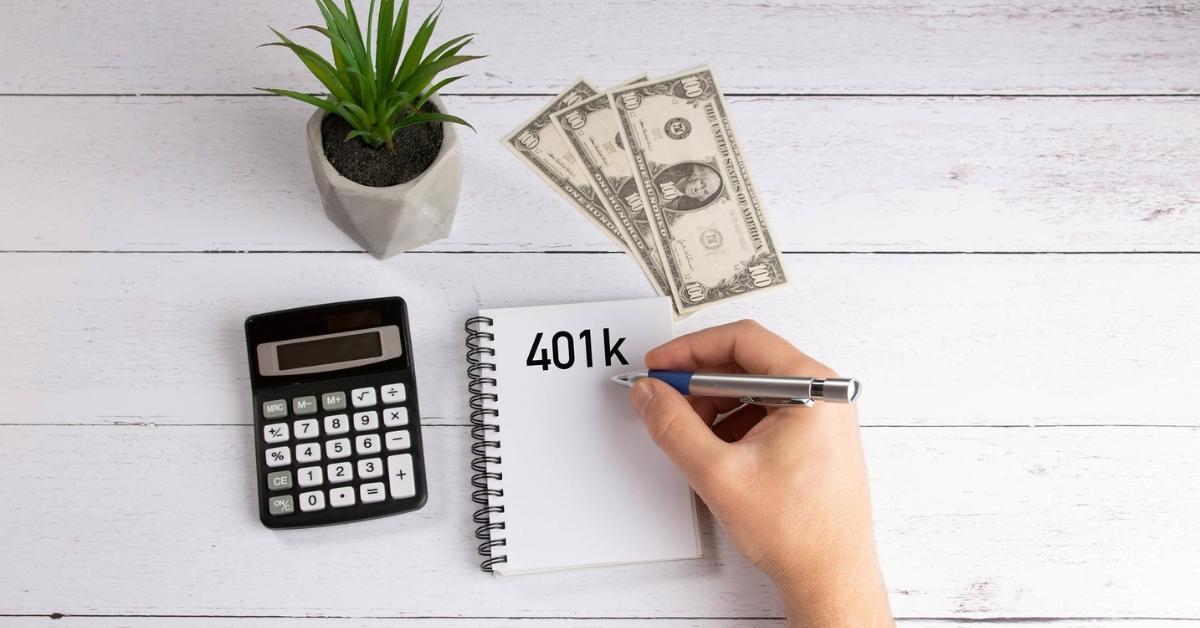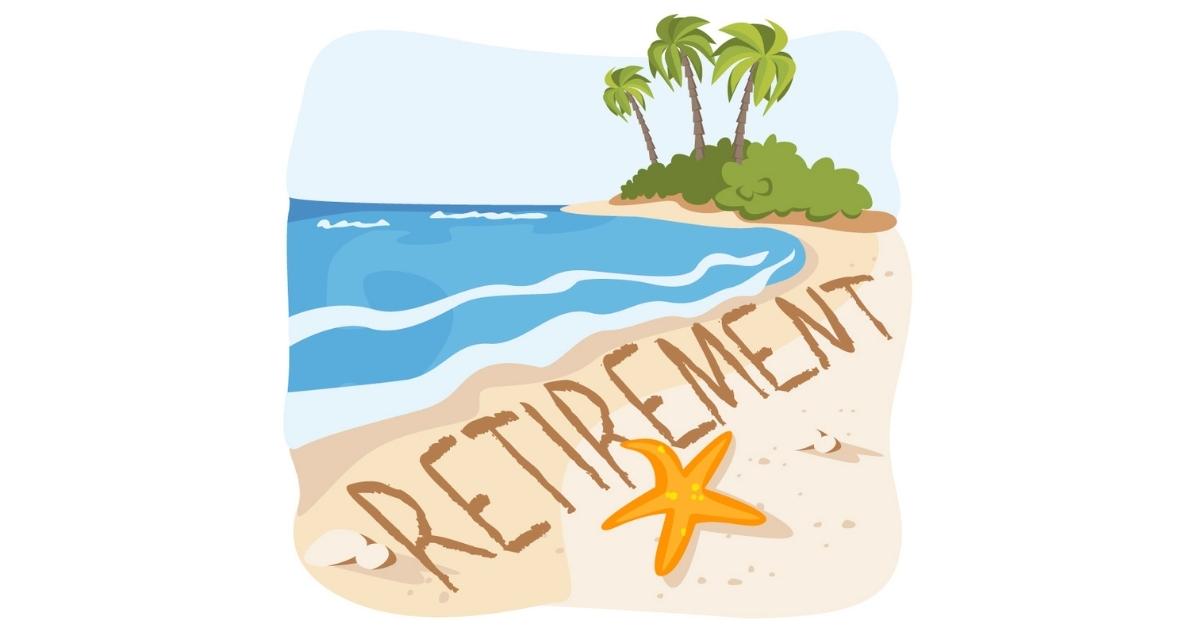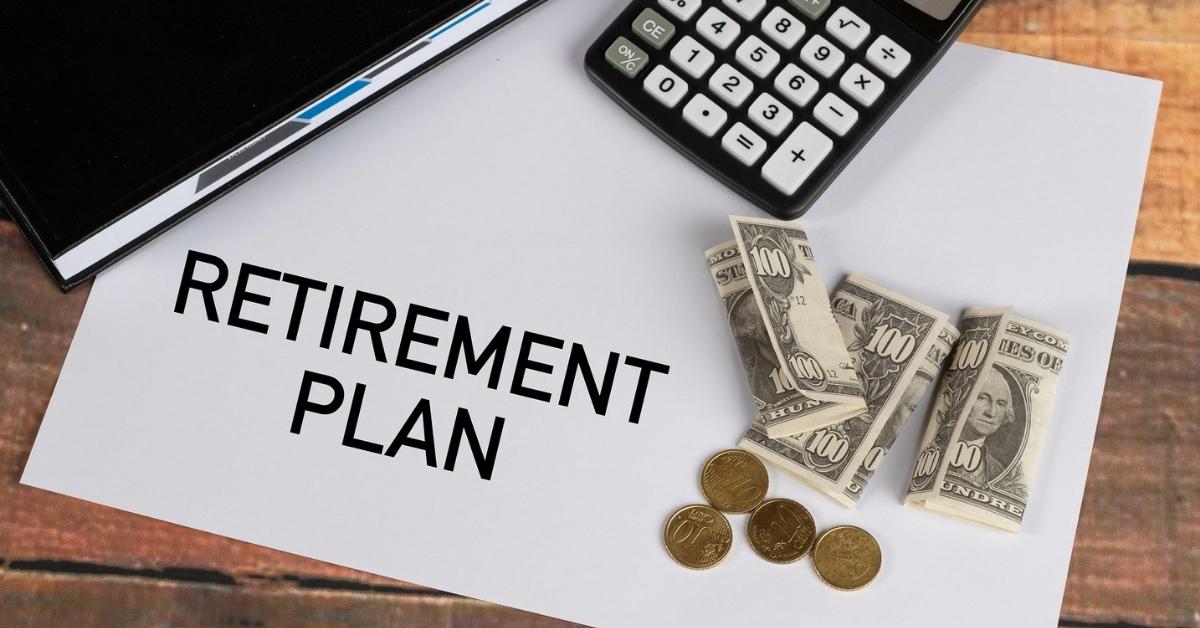With each economic downturn, millions of Americans need to know what to do when their 401k is losing money. While that may sound like a dire situation, savvy investors know panicking is never a good idea.
If you know what to do, you can avoid impulsive fear-based actions that might worsen the situation. Check out this guide to learn how to safeguard yourself today and manage periods when your 401k is losing money.
What is a 401k?
A 401k is a retirement fund investment. Ideally, someone entering the workforce adds a percentage of their income at each pay period. Generally, employees have a choice of at least three diversified investment options. The number of options you can select depends on what type of 401k your sponsor participates in, what investment types your employer allows, and the investment management firm managing the fund.


How Do You Get the Most Out of a 401k?
Many companies also match employees up to a certain percentage. When a company offers those benefits, most employees contribute the maximum the company will match.
It is a wise investment decision to pay the highest monthly payment your employer matches because it gives you the most significant benefit. However, it is essential to note that some or all of your employer contributions are not fully vested for at least 6 to 12 months.
The length of the vesting period differs based on your employer’s company policy. The information is crucial, though. For example, if you are considering a career change, you will lose your employer’s 401k contributions if you leave before they are fully vested.
Your 401k is a long-term retirement investment. People who receive the most out of their funds at retirement contribute consistently throughout their life. They take advantage of employer contributions and avoid pulling money out before they retire or borrowing against their retirement account.
What To Do When Your 401k is Losing Money
After you diligently contributed to an investment for years, watching the value drop is gut-wrenching. Especially when the investment is your retirement savings, because a significant 401k loss may cause you to run out of money in your old age.

What to Do When Your 401k is Losing Money Early in Your Career
If you are new to the workforce, 401k losses are not a huge concern. The economy may turn for the worse several times during the decades you contribute to your 401k.
The most important thing is not to panic. Chances are the economy will thrive again before you retire. When people make financial decisions driven by emotions, it often leads to more significant losses.
What to Do When Your 401k is Losing Money Close to Your Retirement
As you get closer to retirement age, you must diversify your investments and invest in fixed-income bonds and CDs. You may also consider buying real estate or other monthly income-generating assets.
You should work towards having three to five years of cash flow in fixed-income assets as you near retirement. That way, you can delay retirement if there is an economic downturn.

If you are already at retirement and need the money in your 401k, wait as long as possible. Use all of your fixed income assets and try to wait it out until the market improves.
How Can You Protect Yourself When Your 401k is Losing Money?
There are a few things you can do to protect your nest egg. These strategies should work whether you are close to retiring or just starting a career. However, you must be more diligent about protecting your money as you age.
Stay Calm When Your 401k is Losing Money
It can be challenging to remain calm when your 401k is losing money. Especially during recessions when people may see the value of their 401k plummet by hundreds of thousands of dollars.
However, being calm is crucial. People often make poor decisions when driven by emotion, especially concerning finances.
Diversify Your Investments When Your 401k is Losing Money
Having a diversified portfolio means that you have many types of assets. Diversification helps you avoid significant losses from a few sources.
Invest with Confidence Even When Your 401k is Losing Money
When you change your investment strategy, give it time to work. If you pull your money out of any stock investment as soon as you start losing money, you may miss many opportunities to make money.
Set Investment Goals Before Your 401k is Losing Money
Set goals for your investments. Decide on a timeframe for investments and stick with it. That way, you are not as worried when your 401k or other assets are losing value.
If you are close to the end of the period you set and losing money, you will need to decide if you should wait a little longer or take a loss.
Wait it Out When Your 401k is Losing Money
The best thing you can do when your 401k is losing money is to wait it out. The economy might experience several recessions during your lifetime. But recessions generally last only for 18 months before the stock market corrects. As the stock market improves, so will your 401k balance.
Types of 401ks
The type of 401k you have may play a role in your decision to wait or take a loss.

Small Business/Self-Employment – Solo 401k
You can contribute to a 401k even if you are not an employee. Money-savvy individuals constantly invest in their future.
As a self-employed person, you can contribute to a Solo 401k. These funds are relatively new but designed for non-employed individuals not sponsored by a company and who have no employees.
Contributions are tax-free but not tax-deductible. Your tax-free dollars will earn interest, but you must pay taxes when you withdraw the money.
Traditional 401k
Traditional 401k packages are allowed by companies of any size. They give employees the ability to contribute a maximum of $22,500 this year. The maximum contribution amount is set by the IRS each year. There is also a cap on the number of employer contributions allowed, but users of the Traditional 401k can make catch contributions as they get closer to their retirement age.
The money contributed is pre-tax. However, you must pay taxes when you withdraw the money. Furthermore, you must take the required minimum distributions (RMDs) when you are 70 1/2.
Safe Harbor 401k
A Safe Harbor 401k is any plan where a company contributes to every employee. The benefit of a company electing a Safe Harbor 401k is that they are not subject to IRS non-discrimination investigations. The Safe Harbor status of your 401k does not affect the RMD or tax requirements.
SIMPLE 401k
Savings incentive match plan for employees (SIMPLE) 401k retirement accounts are available for companies with less than 100 employees. Employer contributions are lower, with the IRS capping them at two percent of employee income or three percent for dollar-to-dollar matches.
The contributions are pre-tax. Like other retirement investment accounts, the SIMPLE 401k RMD requirements begin at 70 1/2, and distributions are taxable.
Roth IRA
Roth IRAs differ from most other plans in that no RMDs are required while the account holder is living. Additionally, there are no employer contributions, and the employee pays taxes on the contributions upfront.
When you do take distributions, your contributions are not taxable. However, you must wait until after age 59 1/2 to take distributions without a 10 percent penalty.
Understand Fund Types Before Your 401k is Losing Money
You can invest your money in several types of funds depending on the type of 401k your employer provides. Some funds offer more security than others. So, knowing how each fund allocates your money is essential for protecting yourself from losses.
Target Date Funds
Target date funds are an excellent option for people nearing retirement age. The fund allocations change as you age, so your investments shift from equities to fixed income. A target date fund helps to take the guesswork out of asset shifting and ensures you are not as heavily affected by a bad economy when you are ready to retire or facing RMDs.
Mutual Funds
A mutual fund is a pool of money obtained from many investors that a mutual fund manager manages. These fund allocations are diverse. You can get data about the various mutual funds your 401k allows from your plan sponsor, including fund performance and distribution.
Index Funds
Index funds also use money from many investors to purchase stock assets. However, the allocations are done across a specific index or parameter. So, if you are investing in a NASDAQ-100 index fund, the percentages would be similar to that of the index it follows and perform similarly.
Bond Funds
Bond funds are the safest investment funds during a recession. These funds invest in fixed income bonds that pay dividends or interest at specific intervals. It is essential to begin shifting your money over to these safer funds as you near retirement to avoid dramatic drops in the value of your 401k when you must start taking RMDs.
Take Control When Your 401k is Losing Money
Many workers contribute to their 401k each month but are very hands-off when managing their accounts. Many entry-level employees lack the knowledge to take charge of their retirement accounts.
Contributors who play an active role in managing their 401k can often increase the returns they receive at retirement.
Do You Know What to Do When Your 401k is Losing Money?
As a 401k investor, enduring a recession can be harrowing, especially watching the balance you worked hard to build dwindles. If the stock market is down, so is your 401k balance, unless you are heavily invested in bond funds.
If you have a 401k that requires RMDs at 70 1/2, you should strongly consider moving most of your allocations to bind funds or utilizing a target date fund.
When you are young, the best thing is often to leave your retirement alone. If you must do something, shift the fund assets, but avoid withdrawing the money until you reach the minimum distribution age. You should consider investing in other assets for your retirements and having cash flow separate from your retirement account for emergencies.
If you are facing your first RMD and still working when your 401k is losing money, consider working full-time for another year. The IRS allows people to delay RMDs with some 401k plans if they are still working full-time.
